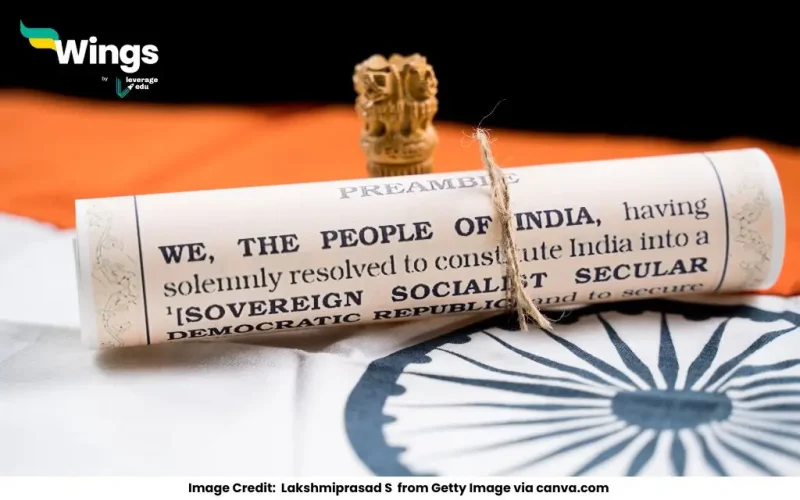The Indian Constitution, the supreme law of the land, was adopted on November 26, 1949, and came into effect on January 26, 1950. This monumental document is a symbol of India’s sovereignty, democracy, and commitment to justice, equality, and liberty. Let’s delve into the history of its making and why Republic Day is celebrated on 26 January.
Complete Answer:
The Making of the Indian Constitution
1. Formation of the Constituent Assembly: The process of drafting the Constitution began with the establishment of the Constituent Assembly on December 9, 1946. Comprising 299 members, it represented diverse ideologies, regions, and communities.
2. Dr. B.R. Ambedkar – The Architect: Dr. Bhimrao Ramji Ambedkar, the Chairman of the Drafting Committee, played a pivotal role in shaping the Constitution. Known as the “Father of the Indian Constitution,” he meticulously integrated elements from various global constitutions to address India’s unique socio-political landscape.
3. Timeline of Adoption:
- Draft Constitution: Completed on February 21, 1948
- Adoption by Assembly: November 26, 1949
- Enforcement: January 26, 1950
Why is Republic Day Celebrated on January 26?
The date January 26 holds historical significance. In 1930, during the Lahore Session of the Indian National Congress, Purna Swaraj (Complete Independence) was declared, and January 26 was chosen as Independence Day. To honour this legacy, the Indian Constitution was enforced on this day, marking the birth of the Republic of India.
Significance of the Indian Constitution
The Indian Constitution is the longest written constitution in the world, consisting of 395 articles, 22 parts, and 8 schedules (originally). It establishes the framework for governance, fundamental rights, duties, and directive principles of state policy, ensuring a democratic and secular India.
Adopted on November 26, 1949, and enforced on January 26, 1950, the Indian Constitution transformed India into a sovereign republic. Republic Day celebrations on January 26 are a tribute to this historic event, symbolising India’s unity, progress, and democratic ethos.
Common Doubts
 45,000+ students trusted us with their dreams. Take the first step today!
45,000+ students trusted us with their dreams. Take the first step today!


 One app for all your study abroad needs
One app for all your study abroad needs










